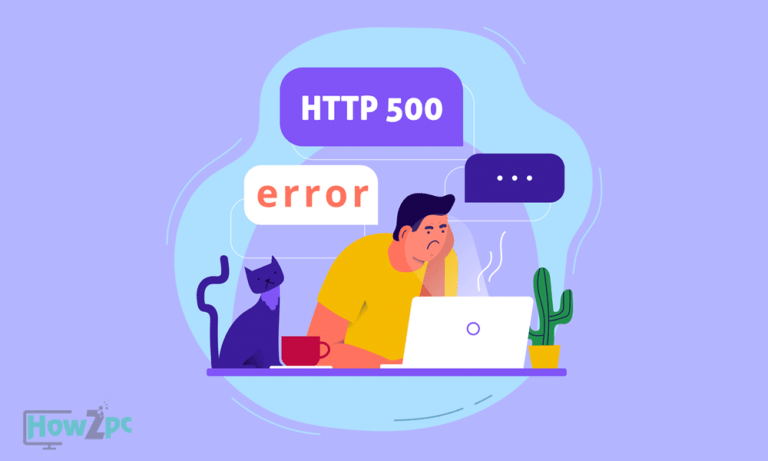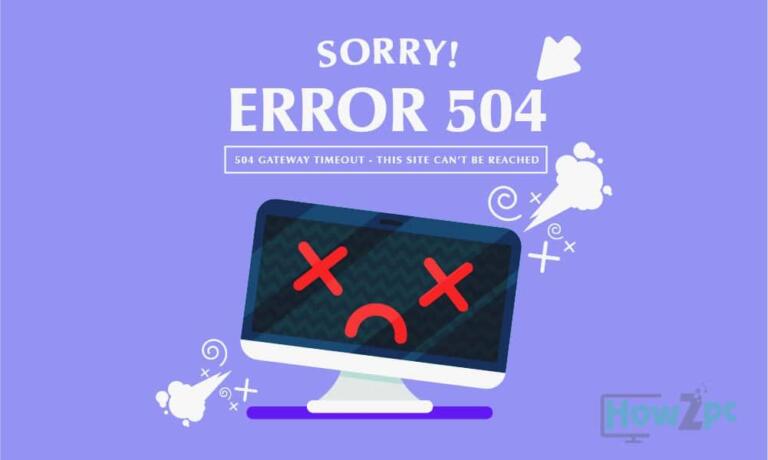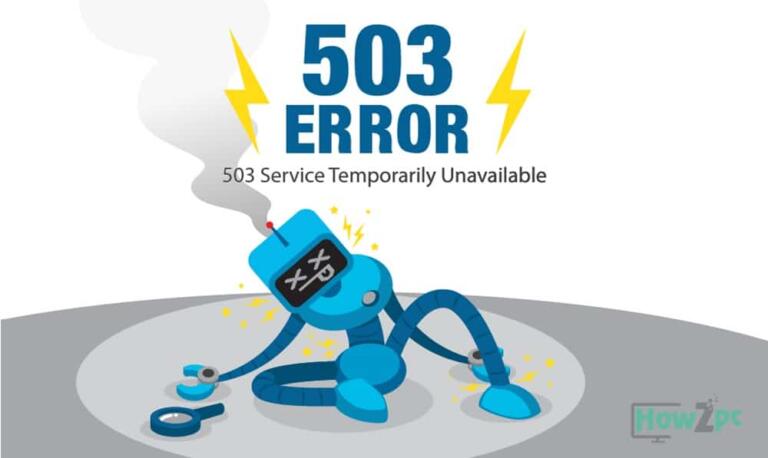In today’s digital era, Google has become synonymous with searching for information online. However, it is not the only tool at our disposal. As of March 2023, Bing, the online search engine, held approximately 8.23% of the global desktop search market. In comparison, the market leader, Google, dominated with a share of around 85.53%. Yahoo, another search engine, had a market share of 2.44%.
This article will explore alternative ways to find anything you need beyond traditional Googling. By broadening our search horizons, we can uncover valuable resources and new avenues for knowledge. Whether seeking specific information or exploring diverse perspectives, these alternative methods can help you expand your research repertoire and unlock a wealth of information.
Specialized Search Engines
While Google may dominate the search engine landscape, numerous specialized search engines cater to specific niches. For instance, platforms like JSTOR and Google Scholar offer comprehensive databases if you’re looking for academic research papers. These platforms allow you to search through scholarly articles, journals, and conference papers, providing access to a wealth of theoretical knowledge.
Similarly, websites like MedlinePlus or PubMed can provide reliable sources for medical information. These platforms focus on medical and health-related content, ensuring you find accurate and up-to-date information on various medical conditions, treatments, and research studies.
When it comes to seeking creative inspiration or exploring the work of talented artists and designers, websites like Behance or Dribbble serve as excellent resources. These platforms showcase various innovative projects, including graphic design, photography, illustration, and more.
You can access targeted and high-quality information within your specific domain by utilizing specialized search engines tailored to your interests.
Social Media Platforms
Social media platforms offer more than just a means to share photos and connect with friends. They also serve as powerful search tools for finding information. In addition, platforms like Twitter and Reddit have vibrant communities where you can pose questions, engage in discussions, and access knowledge.
Twitter, in particular, allows you to follow experts in various fields. You can tap into their insights by following thought leaders, industry professionals, and subject matter experts and staying updated with the latest trends and developments. Additionally, Twitter has a robust search function that allows you to explore specific topics, hashtags, or trending conversations.
Reddit, known as the “front page of the internet,” hosts numerous communities (subreddits) covering various subjects. These communities bring together like-minded individuals who share their knowledge and experiences. Participating in relevant subreddits allows you to ask questions, contribute to discussions, and learn from the community’s collective wisdom.
Other platforms like Quora and Stack Exchange also provide platforms for asking specific questions and receiving answers from knowledgeable individuals. Quora, in particular, has a diverse user base that includes experts from various industries and domains. By posting questions on Quora, you can receive answers from professionals with firsthand experience or specialized knowledge in the subject matter.
Considering the increasing significance of social media platforms, it’s no wonder that many businesses and entrepreneurs are looking to tap into this market. Suppose you’re interested in how to make a social media app. In that case, it’s crucial to understand the unique features and functionalities that will attract users and differentiate your app from existing options. Focusing on user experience, personalized content, and innovative features can make your social media app stand out in a crowded market.
Online Forums and Communities
Online forums and communities have long been valuable for finding information on niche topics. For example, platforms like Stack Overflow cater to the programming and software development community, where programmers can ask technical questions and receive answers from fellow developers. Similarly, GitHub, a popular platform for hosting and collaborating on open-source software projects, also serves as a community where developers can seek assistance, share code, and discover new projects.
Beyond its social media features, Reddit encompasses numerous forums (subreddits) dedicated to specific interests. There’s a subreddit for almost any topic imaginable, from technology to gardening. Engaging in discussions, asking questions, and sharing experiences in these communities can lead to insightful discoveries and connections with experts in your field of interest.
Other specialized forums and discussion boards exist outside Reddit, such as Quora, Digital Point, or Facebook groups. These platforms host active communities centered around various subjects, where individuals with shared interests come together to share knowledge, ask questions, and provide guidance. By actively participating in these forums, you can tap into a vast pool of expertise and gain valuable insights that may not be easily found through a simple Google search.
Library Resources and Archives
While digital information is prevalent today, traditional libraries remain a treasure trove of knowledge. Public and university libraries provide access to physical and digital collections, including books, journals, newspapers, and historical archives. In addition, while you may associate libraries with physical visits, many libraries now offer extensive online resources and databases accessible remotely.
Library catalogs, such as WorldCat, enable you to search for books and other resources available across multiple libraries worldwide. In addition, if a specific book or document is unavailable at your local library, interlibrary loan services allow you to request materials from other libraries within the network. This widens your access to vast resources that may not be readily available online.
Librarians are also invaluable resources who can guide you in finding specialized information and conducting effective research. They possess expertise in navigating library databases, locating hard-to-find resources, and understanding various research methodologies. Consulting with librarians can significantly enhance your search process and help you discover valuable resources that search engines may overlook.
Moreover, many libraries have digitized historical archives, newspapers, and other primary sources, making them easily accessible online. These archives contain a wealth of information, providing glimpses into the past and serving as valuable resources for academic research, genealogy, or historical exploration. By exploring library resources and archives, you can uncover unique information that may not be indexed or readily available through traditional search engines.
Personal Networks and Mentors
While we often turn to search engines for information, we should not underestimate the power of personal connections. Your network of friends, colleagues, and mentors can be excellent sources of information and guidance. In addition, they may possess unique expertise or have connections to individuals who can assist you in your search.
Engaging in conversations, attending industry events, joining professional organizations, or participating in online communities allows you to expand your network and expose yourself to a wealth of knowledge that may not be readily accessible through search engines. In addition, by actively seeking connections and fostering relationships, you create opportunities to tap into the expertise and experiences of others.
Mentors, in particular, play a crucial role in providing guidance and sharing their knowledge. They can offer insights based on their experiences, recommend valuable resources, or introduce you to individuals within their network who can further assist. Establishing mentorship relationships expands your knowledge and opens doors to new opportunities and perspectives.
In addition to personal connections, networking events, conferences, and workshops offer platforms to meet experts in various fields. These gatherings provide opportunities to engage in conversations, attend informative sessions, and establish new connections. By actively participating in such events, you can build relationships with individuals who can serve as valuable sources of information and connect you with relevant resources.
Final Thoughts
While Google undoubtedly revolutionized how we search for information, it is crucial to recognize that alternative methods exist to discover valuable knowledge beyond traditional search engines. Exploring specialized search engines, harnessing the power of social media, engaging in online communities, utilizing library resources, and tapping into personal networks can enrich your research experience and open new doors to information.
By diversifying your search approach and embracing these alternative avenues, you can access unique insights, find targeted information, and connect with experts in your field. Remember, the digital landscape is vast, and hidden gems of knowledge await beyond the reach of a simple Google search.








